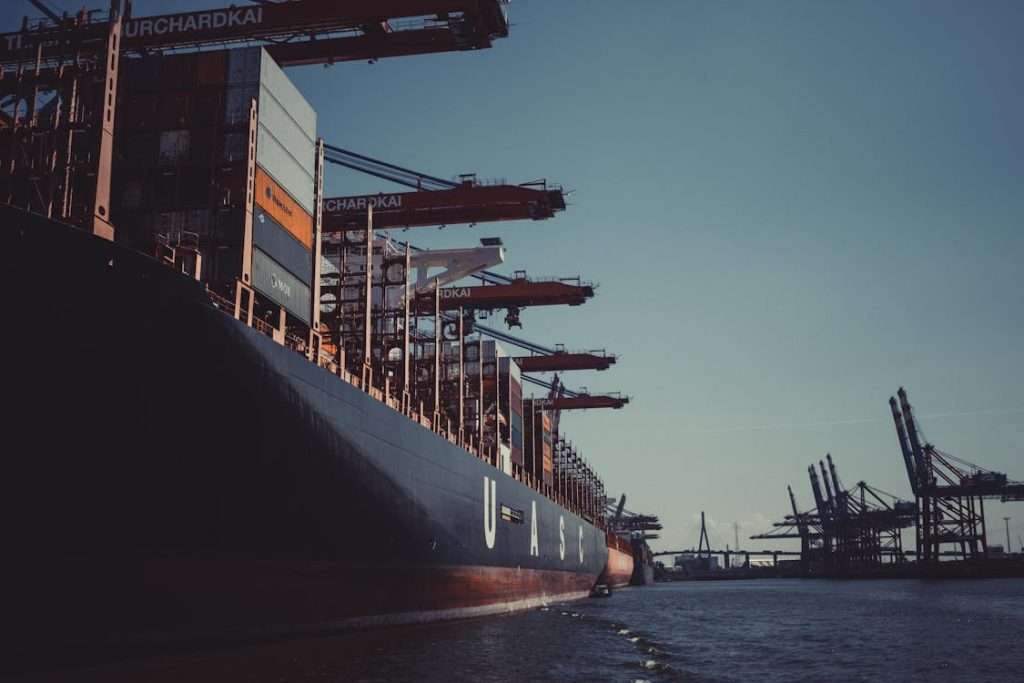The maritime industry is a crucial component of global commerce, facilitating the transport of over 90% of the world’s trade. However, due to the nature of the work involved, the sector is at risk from serious hazards including unpredictable weather, mechanical failures and human error, making accident prevention a vital concern.
There are multiple key strategies that should be adopted to mitigate these risks, ensuring safer seas and a trusted work environment:
Training and education
Robust training and continuous education are crucial to maritime safety. In the UK, the Maritime and Coastguard Agency sets stringent standards for training programmes. Crew members must undergo rigorous safety training, including survival techniques, fire prevention and firefighting and first aid. Regular drills are also a key component and simulations should be undertaken regularly to ensure crew readiness in emergencies.
Fostering a Safety Culture
A robust safety culture is the backbone of accident prevention. This involves creating an environment where safety is prioritised and all crew members understand what to do in the event of identifying a hazard and reporting near misses.
Crew members should be provided with appropriate personal protective equipment which includes clothing such as high visibility vests for both day and nighttime operations, safety helmets, and eye and ear protection. Life jackets are critical for survival in the event of abandoning ship or during man-overboard situations.
Enhanced ship design and maintenance
The design and upkeep of vessels are critical in preventing maritime accidents. The UK Ship Register oversees the compliance of ships with international safety standards. Ships must be designed to withstand harsh sea conditions and be equipped with safety features such as watertight compartments and advanced firefighting systems. Regular maintenance ensures all equipment and machinery are in prime working condition, significantly reducing the risk of accidents.
Advanced navigation tools
Navigation technology also plays a vital role in maritime safety, helping to avoid collisions and groundings. The UK’s Automatic Identification System (AIS) network provides real-time tracking of ships, while the use of Electronic Chart Display and Information Systems (ECDIS) is mandated for all large commercial vessels. This offers accurate and up-to-date navigation information.
Training in these technologies is essential for modern seafaring and should be undertaken at regular intervals and whenever a new system is introduced.
Strict adherence to regulations
It’s vital that the UK’s maritime industry complies with the various international safety codes and conventions from both a legal standpoint and to ensure the wellbeing of all crew members. Regular audits and inspections promote a proactive approach to safety management.
Preventing accidents in the maritime industry requires a comprehensive strategy. But as the industry commits to these principles, it can achieve a safer environment that serves to protect seafarers and ensures the seamless flow of global trade.
For more news click thebritaintimes.co.uk



